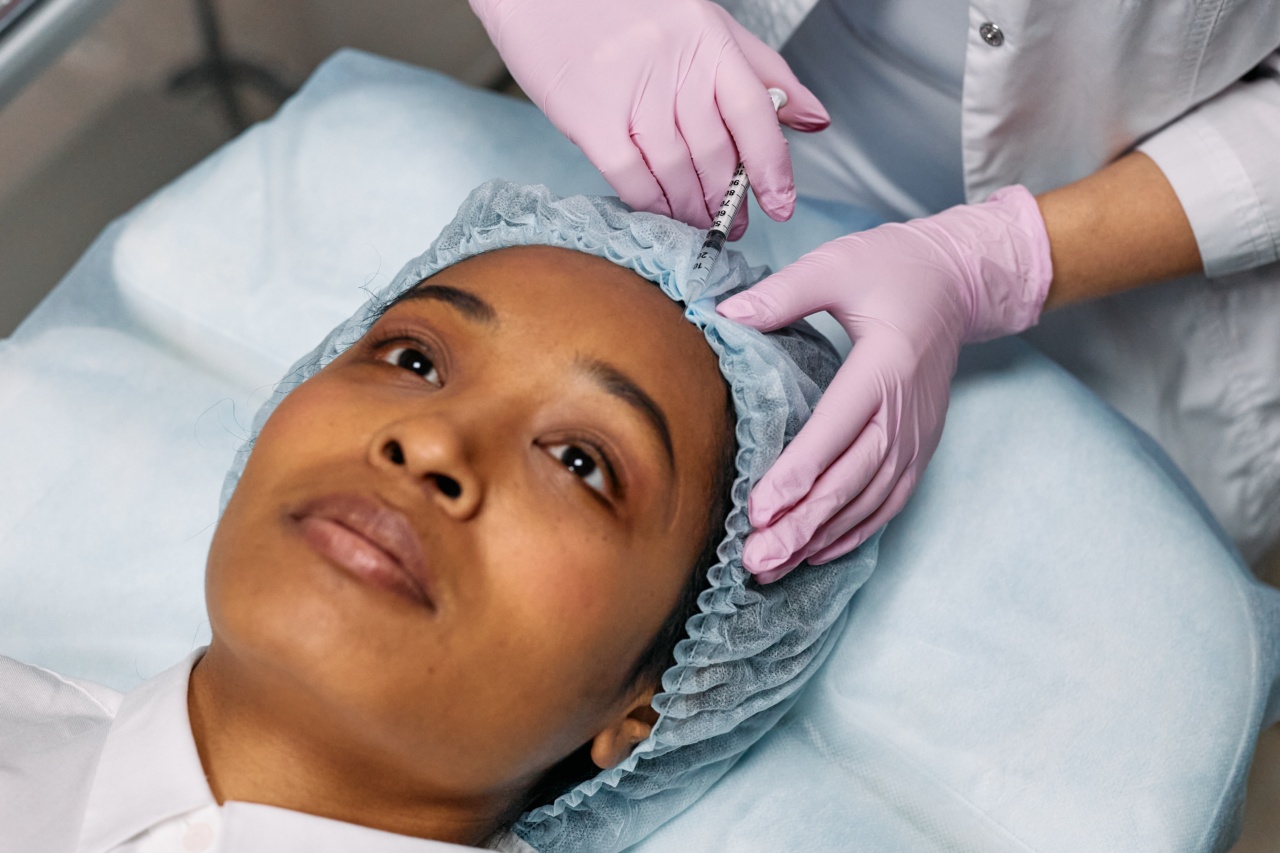Stroke is a medical condition that occurs when the blood flow to the brain is disturbed, leading to the death of brain cells. There are two types of stroke, ischemic and hemorrhagic, both of which can cause long-term damage to the brain.
Traditionally, stroke treatment has focused primarily on rehabilitation of the patient, including physical and occupational therapy.
However, recent research has shown that there may be another way to help stroke patients recover their cognitive abilities: through the use of a revolutionary stroke treatment that enhances mood and concentration.
The Link Between Stroke and Mood/Concentration Issues
Stroke can cause significant changes in mood and affect the brain’s ability to concentrate.
These changes can be due to damage to specific areas of the brain that control these functions, but there can also be more global effects on the brain’s chemistry and functioning.
One of the most common cognitive issues stroke survivors face is known as “post-stroke depression.” Studies show that up to half of all stroke patients experience depression, which can significantly impair their recovery and ability to complete daily tasks.
Stroke can also lead to impaired cognitive function, including problems with memory, attention, and executive functioning. These issues can make it difficult for stroke survivors to return to work or handle complex tasks.
How This Revolutionary Stroke Treatment Works
The revolutionary stroke treatment in question is called transcranial direct current stimulation (tDCS). tDCS involves applying a low-level electrical current to specific areas of the brain, with the goal of enhancing brain function.
Recent research has shown that tDCS can be beneficial for a range of neurological conditions, including stroke. In particular, tDCS has been shown to enhance cognitive function, improve mood, and relieve symptoms of depression.
The way that tDCS works is still a bit of a mystery, but scientists believe that the electrical current stimulates the production of growth factors in the brain, leading to the growth of new brain cells and connections.
tDCS may also help to balance neurotransmitter levels in the brain, which can improve mood and cognitive function.
What to Expect During tDCS Treatment
tDCS is a non-invasive and painless procedure, involving the use of two electrodes placed on the scalp that send a low-level electrical current through the brain.
The procedure typically lasts about 20-30 minutes, and patients can relax during the session.
The most common side effects of tDCS are mild tingling or itching sensations on the scalp, which should go away shortly after the procedure. Some patients may also experience mild headaches or nausea, but these side effects are relatively uncommon.
Most patients require multiple tDCS sessions to see lasting results. The exact number of sessions required will depend on the patient’s individual needs and the severity of their condition.
Patients typically receive tDCS treatment two to three times per week for several weeks.
Who Can Benefit from tDCS for Stroke?
tDCS can benefit a wide range of stroke patients, including those who have experienced mild to moderate cognitive impairment, depression, or other mood disorders.
tDCS may also be useful for patients who have experienced more severe cognitive impairment, although the effects may be less pronounced.
tDCS is generally safe for most patients, although it may not be appropriate for those who have a history of seizure disorder or certain other medical conditions.
Patients should discuss their medical history with their healthcare provider before undergoing tDCS treatment.
Other Benefits of tDCS
tDCS is still a relatively new treatment for stroke, and researchers are actively studying its potential benefits. In addition to enhancing mood and cognitive function, tDCS may have other benefits for stroke patients, including:.
- Improved mobility and coordination
- Reduced spasticity
- Reduction in chronic pain
- Improved quality of life
These potential benefits may make tDCS an attractive choice for stroke patients who are looking to improve their overall health and wellbeing.
Conclusion
Stroke can have a significant impact on a person’s cognitive abilities, which can in turn affect their recovery and overall quality of life.
Fortunately, new treatments like tDCS offer stroke patients the potential to recover lost cognitive function and improve their mood and overall wellbeing.
If you or a loved one has experienced a stroke and are struggling with mood or cognitive issues, tDCS may be a solution worth exploring. Talk to your healthcare provider to learn more about this innovative treatment and whether it is right for you.






























